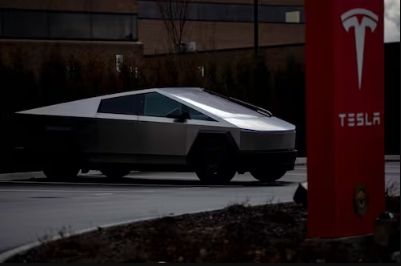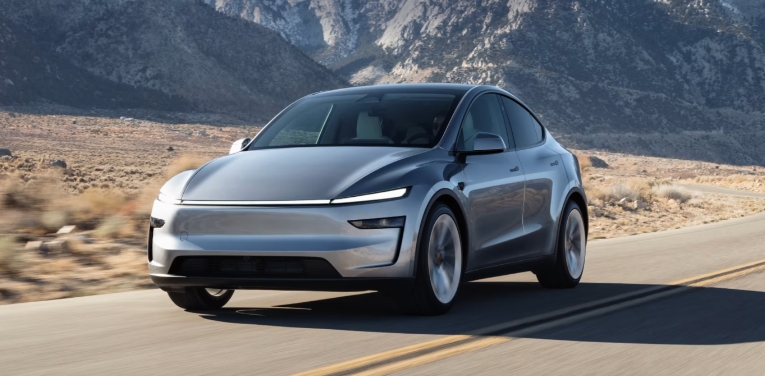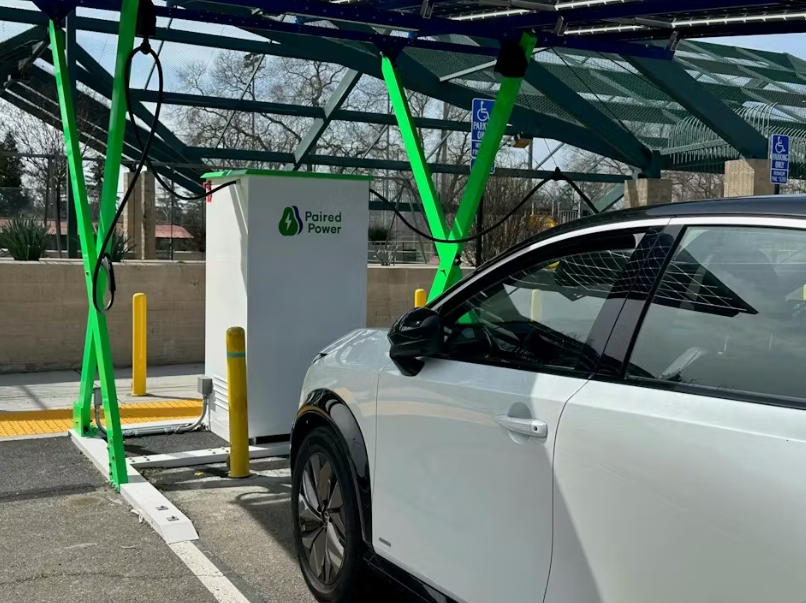When it comes to meeting international climate goals, carbon capture, utilisation and storage “is the only group of technologies that contributes both to reducing emissions in key sectors directly and to removing CO2 to balance emissions that cannot be avoided”.

So says Fatih Birol, Executive Director of the International Energy Agency, who adds that a new dawn for CCUS will “form a key pillar of efforts to put the world on the path to net-zero emissions”.
He was speaking today as the IEA unveiled a new report, CCUS in Clean Energy Transitions. The report was launched at an online event opened by Prime Minister Erna Solberg of Norway, whose government has announced a major funding commitment this week for a new carbon capture project that can help tackle emissions from Norway and neighbouring countries.
Birol: CCUS will “form key pillar to put world on path to net-zero emissions”
Birol said that after years of slow progress, technologies to capture carbon emissions and store or reuse them are gaining momentum – and he explained that this is a trend “that will need to accelerate significantly for the world to achieve its energy and climate goals”.
The report – which claims to be the most comprehensive global study on CCUS to date – highlights that CCUS “is the only group of technologies that contributes both to reducing emissions in key sectors directly and to removing CO2 from the atmosphere to balance the emissions that are the hardest to prevent – a crucial part of reaching the net-zero emissions goals that a growing number of governments and companies have set for themselves”.
The study includes a detailed analysis of CO2 emissions from power and industrial facilities in China, Europe and the US and potential for storing them.
“The scale of the climate challenge means we need to act across a wide range of energy technologies. Carbon capture is critical for ensuring our transitions to clean energy are secure and sustainable,” said Birol.
Prime Minister Solberg said that “in order to develop and deploy carbon capture and storage as a technology for the future we need investments in solutions and facilities in many regions and countries”.
“CCUS will be necessary on a global scale if we are to meet the Paris Agreement – and we must start now,” she stressed.
The report highlights that in the last 36 months, plans have been announced for more than 30 commercial CCUS facilities, while projects now nearing a final investment decision represent an estimated potential investment of around $27 billion – more than double the investment planned in 2017.
The IEA report sets out four main ways that CCUS technologies contribute to clean energy transitions: Tackling emissions from existing energy infrastructure such as power and industrial plants; Providing a solution for some of the most challenging emissions from heavy industries like cement and chemicals, as well as from aviation; Offering a cost-effective pathway for low-carbon hydrogen production in many regions; and removing CO2 from the atmosphere.
Although CCUS facilities have been operating for decades in certain industries like natural gas and fertilisers, they are still at an early stage of development in key sectors such as cement.
These are the areas, says the IEA, where CCUS technologies are particularly important for tackling emissions because of a lack of alternatives.
“Action from governments will be essential for establishing a sustainable and viable market for CCUS,” Birol said.
“But industry must also embrace the opportunity. No sector will be unaffected by clean energy transitions – and for some, including heavy industry, the value of CCUS is inescapable.”
The report also stresses that support for CCUS in economic recovery plans can ensure that the Covid-19 crisis does not derail recent progress. It states that despite almost $4 billion in government and industry commitments to CCUS so far this year, the economic downturn is set to undermine future investment plans.
“CCUS is in a much stronger position to contribute to sustainable recoveries than it was after the 2008-2009 global financial crisis,” the report states.
“Since then, deployment has tripled (albeit from a small base), the range of demonstrated applications has expanded, costs have declined, and new business models have emerged.”







